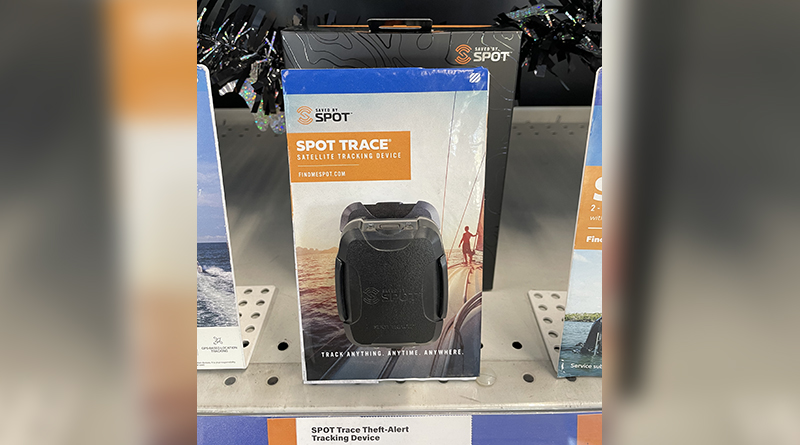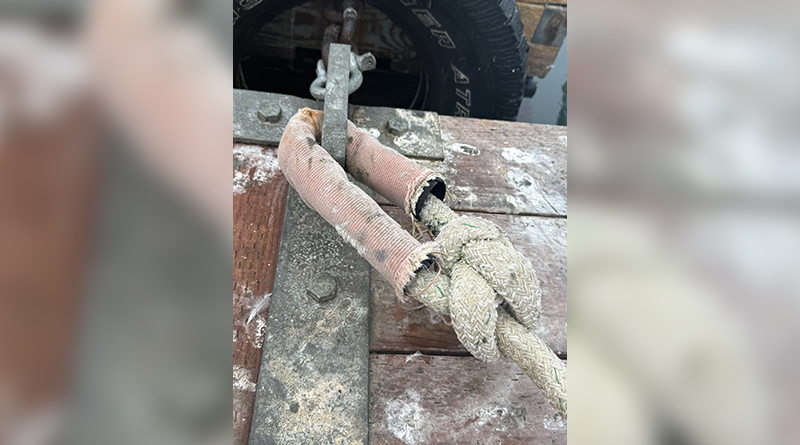 I am in the process of selling my boat, and the buyer discovered that a lien had been recorded on the Coast Guard Abstract of Title over 10 years ago. The lien is related to some engine work that was completed on my boat, but the boat mechanic who did the work should have removed the lien when I paid him. Now, after 10 years, I can’t find the mechanic and the buyer will back out of the purchase if I can’t transfer clear title to him. I did some research on this and I found a federal statute which calls for maritime liens to expire after three years. Does this statute apply to a case like mine? If so, why does this lien continue to appear on my title history? If not, what can I do to clear my title?
I am in the process of selling my boat, and the buyer discovered that a lien had been recorded on the Coast Guard Abstract of Title over 10 years ago. The lien is related to some engine work that was completed on my boat, but the boat mechanic who did the work should have removed the lien when I paid him. Now, after 10 years, I can’t find the mechanic and the buyer will back out of the purchase if I can’t transfer clear title to him. I did some research on this and I found a federal statute which calls for maritime liens to expire after three years. Does this statute apply to a case like mine? If so, why does this lien continue to appear on my title history? If not, what can I do to clear my title?

A Coast Guard Abstract of Title is a record of all of the documents submitted to the Coast Guard for a particular boat and accepted for recording by the Coast Guard. An Abstract is available for all Coast Guard documented vessels, either through a vessel documentation service or directly from the Coast Guard’s National Vessel Documentation Center (uscg.mil/hq/cg5/nvdc/).
Many people view an Abstract as a vessel title history, but this is not exactly correct. The distinction is due mostly to the fact that (as discussed in this column many times) the recording of a lien with the Coast Guard is optional. As such, a valid lien may not be listed on the Abstract, and a claim that is listed on the Abstract may not be a valid lien. The instrument is therefore referred to as a Notice of Claim of Lien (rather than an actual “lien”), and the recording of the instrument has no legal effect other than to notify the world that someone claims to have a lien. We should note that this treatment is different for a mortgage, which in fact must be recorded to be valid.
With this complicated Coast Guard recording system in mind, we can address our reader’s question about lien expiration. With the notable exception of liens that arise from a personal injury claim against a vessel, there is no statute of limitations on a valid maritime lien. Instead, Federal law (Title 46 US Code, section 31343) provides for the expiration of a recorded Notice of Claim of Lien after three years. The expiration of the “notice” has no effect on the underlying lien itself (assuming the lien is valid). This is basically a minor administrative “housekeeping” statute, and the sole consequence of the statute is to relieve new lien claimants of the requirement for them to notify old lien claimants of their new lien claim, when the old claims are more than three years old.
We should note that, while most maritime liens are not subject to any statute of limitations, they are instead subject to a legal principle known as “laches.” The laches principle basically says that if you sit on your rights for a long period of time, and as a consequence of that passage of time other people are somehow harmed by your failure to act, you may lose those rights. It’s a very vague principle but it does provide incentive for a lien claimant to move things along, and it could provide a defense for our reader if the mechanic is located and then claims that the lien is valid.
In this case, our reader is not immediately concerned with whether the mechanic contends that the lien is valid, because he has been unable to locate the mechanic. This is unfortunate, because the Coast Guard will not record a lien satisfaction without a signed and notarized release from the lien claimant unless a court order instructs the Coast Guard to do so. In other words, our reader may need to file a lawsuit.
A lawsuit to clear a disputed or invalid claim against a boat or other property is known as a “quiet title” lawsuit. The suit may be filed in federal court if the boat is taken into custody by the U.S. Marshals, or it may be filed in state court against the individual who is asserting the contested claim. If the claimant cannot be located, the court may allow the lawsuit to be served by publication in a newspaper.
A quiet title lawsuit may be effective to dispose of an old or disputed claim, but it will be time consuming and it may be costly, and our reader is looking for a speedy solution that will help him to sell the boat. He may need to consider reducing the sale price of the boat by the amount of the claim, but in any case he should seek the advice of a qualified maritime attorney for more specific information.
David Weil is licensed to practice law in the state of California and, as such, some of the information provided in this column may not be applicable in a jurisdiction outside of California. Please note also that no two legal situations are alike, and it is impossible to provide accurate legal advice without knowing all the facts of a particular situation. Therefore, the information provided in this column should not be regarded as individual legal advice, and readers should not act upon this information without seeking the opinion of an attorney in their home state.
David Weil is the managing attorney at Weil & Associates (weilmaritime.com) in Long Beach. He is an adjunct professor of Admiralty Law at Loyola University Law School, is a member of the Maritime Law Association of the United States and is former legal counsel to the California Yacht Brokers Association. If you have a maritime law question for Weil, he can be contacted at 562-438-8149 or at [email protected].
Ask your question online at thelog.com.









